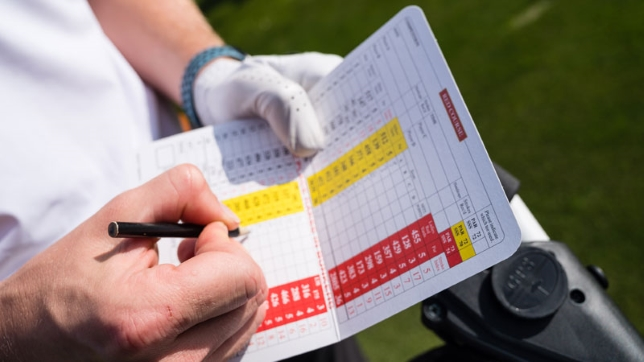
In 2020, the golfing world underwent a significant change with the introduction of the World Handicap System (WHS), replacing the traditional handicap systems across different countries. While it was initially praised for its efforts towards fairness and standardization, many golfers, especially those with low handicaps, have expressed discontent and criticism towards the new system.
Recently, an article titled “Why The World Handicap System Has Ruined Golf For Low Handicappers” by Carly Frost for Golf Monthly highlighted the issues with the current system. It has sparked a great debate, and many golfers, including seasoned veterans, continue to express reservations and frustrations with the new system. Of course, we recommend reading it and other opinions on a topic generating great controversy.
The World Handicap System debate
Despite its noble intentions, the WHS has failed to quell the ongoing handicap debate. Many golfers, including seasoned veterans, continue to express reservations and frustrations with the new system. The transition to the World Handicap System was supposed to simplify and streamline the handicap process, but it has only added complexity and confusion for some.
One primary criticism against the WHS is its perceived lack of fairness, especially for low-handicap golfers. Traditionally, golfers have strived to improve their handicaps to measure their skill and progress. However, under the WHS, some feel that achieving a low handicap no longer guarantees competitive success. The system’s reliance on recent performance and the relative difficulty of courses has led to unexpected fluctuations in handicaps, leaving many players feeling disillusioned.
Furthermore, concerns have been raised about the ease of manipulating handicaps under the World Handicap System. Some golfers have exploited loopholes without stringent oversight or verification mechanisms to artificially lower their handicaps. This has fueled suspicions of unfair competition and eroded trust in the integrity of the handicap system.
The sentiment among golfers regarding the WHS varies widely. While some acknowledge its potential to adapt handicaps to different courses and playing conditions, others lament its impact on the competitive landscape. The inability to consistently understand and predict how handicaps will fluctuate has created uncertainty and frustration among golfers of all skill levels.
Additionally, the World Handicap System has highlighted disparities in handicap adjustments between genders and age groups. Women, in particular, have seen significant increases in their handicaps, leading to feelings of embarrassment and disenchantment with the game. For many, pursuing a lower handicap has become more daunting and less rewarding under the new system.
Despite its shortcomings, the introduction of the WHS reflects the ongoing challenge of balancing fairness, simplicity, and accuracy in handicapping. Golf’s governing bodies continue to evaluate and refine the World Handicap System, and its success in addressing the concerns and criticisms raised by golfers across the globe remains to be seen.

